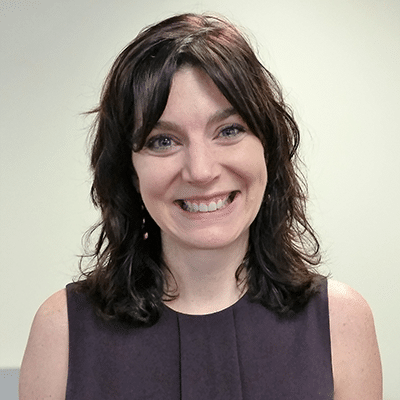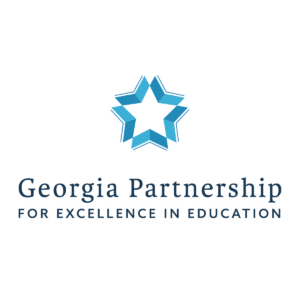“Georgia has a strong foundation to build on, and we’ve been making progress in grade-level reading and high-school graduation—but we still have a long way to go. With data showing third graders who can’t read proficiently are four times more likely to drop out, we know we can’t wait until they get to high school. And with data showing the correlation between a child’s vocabulary at age 3 and his or her reading comprehension in third grade, we know we can’t wait until they get to school. That’s the key message behind the work of Get Georgia Reading. We can’t wait. We need to act now, and we need to act in a coordinated, aligned way. Get Georgia Reading helps us do that.”
Dana Rickman, President


For more than two decades, Georgia Partnership for Excellence in Education has been working to ensure education policies and practices across the birth-to-career pipeline are informed by research and best practices. Many business leaders recognize the importance of a strong education system with data showing that 60 to 80 percent of jobs in Georgia will require at least two years of college education within the next decade.
Each year, the Partnership publishes the Top 10 Issues to Watch report and organizes Critical Issues Forums. Their research in developing these advocacy vehicles has reinforced a belief in the importance of Get Georgia Reading’s four pillars, including access to quality early-learning programs and physical and mental health services, the impact of positive learning climates on student learning and success, and the value of a strong teacher preparation pipeline.
Since 2002, the Partnership staff has traveled throughout the state presenting the Economics of Education, which demonstrates the strong links between economic development and the education system. The Partnership has aligned the four-pillar framework and the determinants of grade-level reading into the Economics of Education, providing them with an action-oriented framework for changing the conversation about what’s possible, what’s needed, and who should be involved.
To learn more about GPEE, visit their website.
